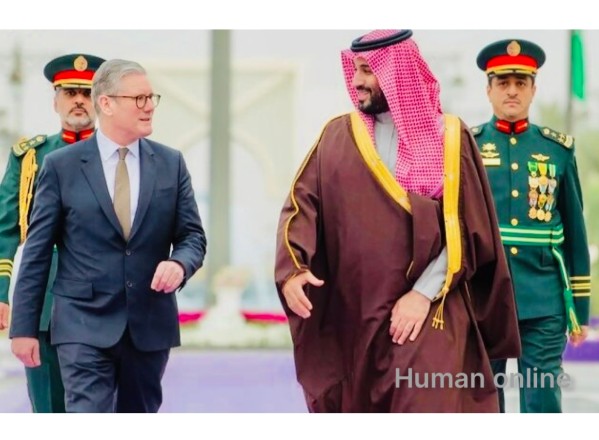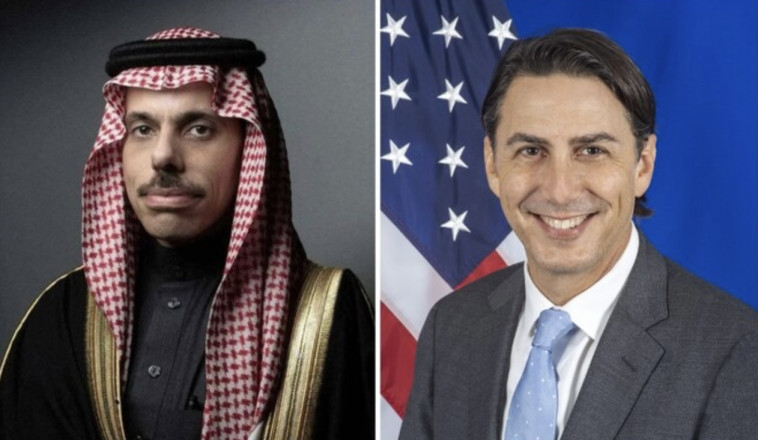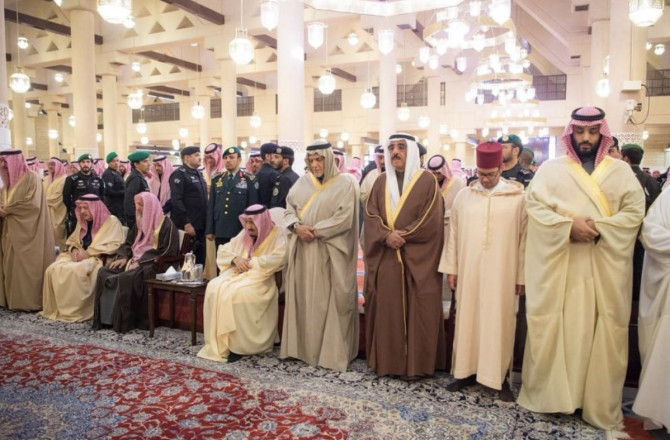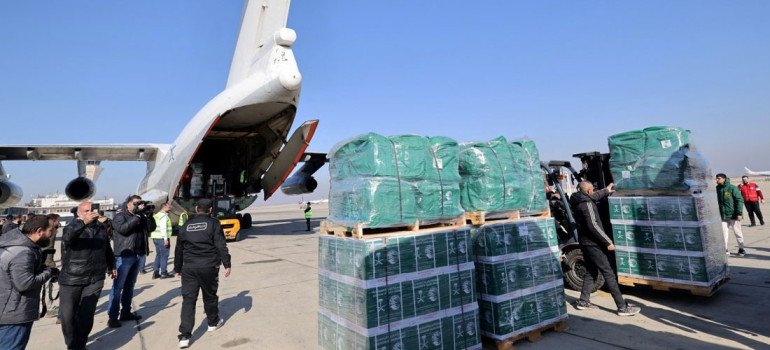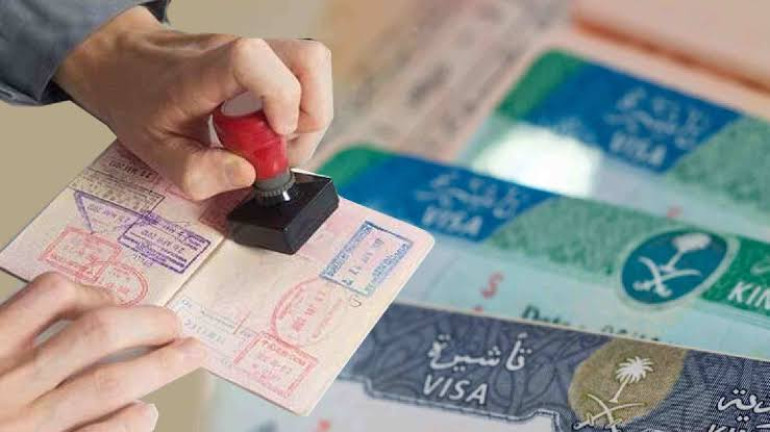Saudi Arabia and the United Kingdom have announced a strategic plan to increase bilateral trade to $37.5 billion by 2030, reflecting a shared commitment to enhancing economic cooperation.
The agreement was revealed following high-level discussions between officials from both
nations, underscoring their focus on strengthening ties across key sectors.
The ambitious trade target aligns with Saudi Arabia's Vision 2030, a transformative economic diversification initiative aimed at reducing reliance on oil exports by expanding into industries such as technology, renewable energy, healthcare, and tourism. Similarly, the UK seeks to broaden its international trade relationships post-Brexit, making Saudi Arabia an important partner in its global trade strategy.
According to the announcement, the $37.5 billion target includes investments, trade in goods and services, and potential collaborations in emerging industries such as green energy and advanced technology.
Furthermore, Saudi Arabia's Vision 2030 and the UK's Industrial Strategy reflect a shared commitment to significant investments in key industries aimed at "driving future global competitiveness, creating jobs and prosperity for citizens, and fostering sustainable growth," the statement said.
Both sides expressed satisfaction with the
"significant progress" made toward finalizing the GCC-UK Free Trade Agreement, pledging to continue negotiations to conclude the deal as soon as possible, according to the statement.
The statement also highlighted the growing investment relationship between Saudi Arabia and the UK. Officials commended Saudi investments in the UK in 2024, including the Public Investment Fund's acquisitions of stakes in Selfridges and Heathrow Airport, along with its expanded investment in Newcastle United Football
Club.
These developments have further strengthened the ties between North East England and Saudi Arabia, showcasing the deepening economic partnership between the two nations.
The UK continues to be one of the largest foreign investors in Saudi Arabia, further solidifying its role as a key economic partner.
Following the success of its landmark $700 million Shariah-compliant financing facility for the Qiddiya project earlier this year, UK Export Finance has announced plans to expand its market exposure in Saudi Arabia to $6 billion.
The joint statement also underscored the strong collaboration between the two nations in the energy sector. Both sides emphasized the importance of enhancing cooperation in electricity, renewable energy, and clean hydrogen technologies. This partnership will focus on developing policies, regulations, and standards for clean hydrogen, as well as establishing business models and building capacity to support multilateral cooperation in this emerging sector.
Both sides emphasized the importance of enhancing the reliability of global supply chains, highlighting Saudi Arabia's Global Supply Chain Resilience Initiative. This initiative aims to secure supplies across critical areas, including renewable energy, hydrogen production, green minerals, specialized petrochemicals, waste recycling, and electric vehicles.
The two nations also welcomed Saudi Arabia's launch of five special economic zones, designed to target strategic industries and sectors. These zones offer significant incentives, creating new opportunities for British companies to invest and expand their operations in the Kingdom.
Expressing their commitment to building
"long-term strategic partnerships that serve mutual interests," the statement noted that both sides agreed to collaborate on establishing a Saudi-British clean hydrogen consortium. This initiative will involve universities from both countries, with Newcastle University and King Fahd University of Petroleum and Minerals taking the lead.
Both sides highlighted the critical need to strengthen global supply chain reliability, pointing to Saudi Arabia's Global Supply Chain Resilience Initiative. This program focuses on securing essential resources for industries such as renewable energy,
hydrogen production, green minerals, specialized petrochemicals, waste recycling, and electric vehicles.
They also praised Saudi Arabia's launch of five special economic zones aimed at fostering growth in strategic industries. These zones provide attractive incentives, offering British businesses new
opportunities to invest and expand within the Kingdom.
Both nations reiterated their commitment to building "long-term strategic partnerships that serve mutual interests." As part of this effort, they agreed to establish a joint Saudi-British clean hydrogen consortium, led by Newcastle University and King Fahd University of Petroleum and Minerals, to drive innovation and collaboration in this critical sector.

